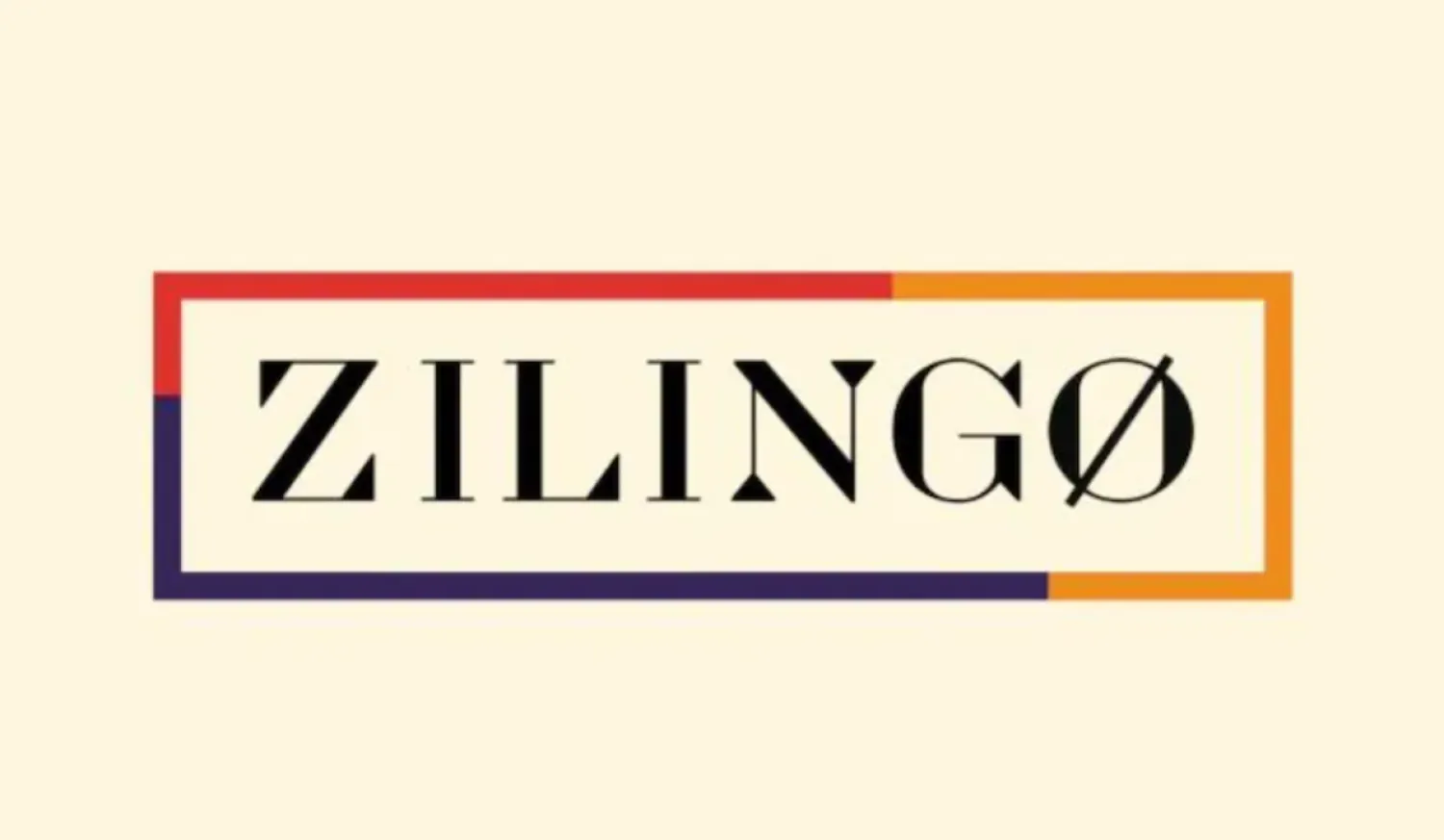The board of Singapore-based fashion technology startup Zilingo said on Wednesday it had suspended its CEO and co-founder, Ankiti Bose, in a move that sources said was related to an investigation into the company's accounts.
A lawyer for Bose said that she declined to comment on her suspension or the investigation.
The company, which is backed by investors including Temasek Holdings and Sequoia Capital India, said in a statement that its shareholders and board members had received information last month that required investigation.
After this, the major investors authorized Zilingo's board to suspend Bose, pending an investigation of the "matters" raised, the company's statement said, Reuters reported.
"The major investors hired an independent firm to investigate the matter, and the company is working closely with the major investors and the independent firm for the investigation," Zilingo said, but declined to give specifics.
Sources familiar with the matter said Temasek and Sequoia had raised concerns about Zilingo's accounts to the company's board last month. The sources declined to be named due to the sensitivity of the matter.
Temasek declined to comment, while Sequoia referred to Zilingo's statement.
Zilingo was founded in 2015 by Bose and chief technology officer Dhruv Kapoor as a Southeast Asia focused e-commerce firm. The group has become a global supply chain enabler for the apparel industry, providing logistics, financing and other services to thousands of factories and merchants.
Bose co-founded Zilingo in her early twenties and scaled it up rapidly, styling herself as a role model for young entrepreneurs seeking to build a global business.
Zilingo, which says it has about 600 employees in eight countries, raised $226 million in early 2019 in its last fundraising round, which valued the company at about $1 billion.
It has said its sales volume is more than $1 billion annually.
According to publicly available records on Singapore's accounting regulator's website, Zilingo has not filed annual returns for 2020 and 2021 so far.









